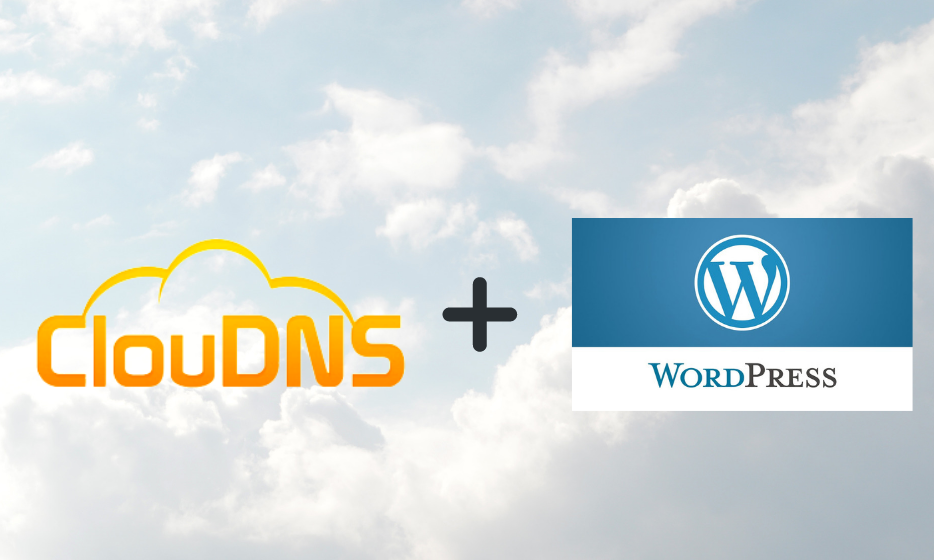WordPress vs Drupal, which one is better and in what? These are two of the most popular content management systems (CMS) out there. They both have been around for a long time, and they both have evolved during the year. Can we have an undisputed winner, follow our WordPress vs Drupal comparison?
Table of Contents
Overview of WordPress and Drupal
WordPress is the most widely used CMS in the world. Originally created as a blogging platform in 2003, it has evolved into a full-fledged website management system. Its user-friendly interface, rich plugin ecosystem, and active community have made it a popular choice for everyone from hobbyists to major media companies.
Drupal, launched in 2001, is a more advanced CMS built with developers and enterprise-level users in mind. It is highly customizable and scalable, making it a preferred platform for complex websites such as university portals, government sites, and large e-commerce platforms.
Core and Customization
WordPress and Drupal are both open-source (under GNU license) PHP-based CMS. They both have reach functionality out of the box, and they both support modules for more features. WordPress is more popular. It has more available modules and adds on in comparison with Drupal. It also has a more significant community of contributors and developers, although the one of Drupal is not small either.
WordPress has more available themes too. If you choose it, you will have more possibilities for creating the best website for you.
Ease of use
Both content management systems are easy to learn. People will say that WordPress is more accessible, especially the backend part of it, but it depends strongly on your use. For a blog site, the two are excellent and easy to set up. WordPress has an edge for faster installation. Many hosting providers have a tool for installing it in just a few minutes.
Drupal is more complicated, and it will be harder to customize. It might require additional knowledge of PHP, CSS, and HTML.
Security
In this round, Drupal is the winner. In order to be competitive, Drupal’s developing team has focused their effort on security. They often post about security fixes on their page, and they regularly provide patches.
WordPress’s security is not horrible. The popularity of it also has a negative effect too. There are far more websites that use WordPress, and this is why there are more hackers’ attacks on those kinds of sites. You can reinforce the security with a 3rd party plug-in, and that way is safer.
Speed
In their purest form, without any cache boosts, Drupal wins this round of WordPress vs Drupal. It is less heavy. It is recommended for websites with many pages. If you want to use WordPress don’t get sad. There are ways to speed it up, check our article “5 tips to speed up WordPress website.”
Ready for ultra-fast DNS service? Click to register and see the difference!Experience Industry-Leading DNS Speed with ClouDNS!
SEO
Both platforms offer strong search engine optimization (SEO) potential.
WordPress supports excellent SEO through a range of plugins such as Yoast SEO and Rank Math. These tools offer user-friendly interfaces for managing meta tags, sitemaps, canonical URLs, and more. WordPress themes are also generally designed with SEO in mind, making it one of the most popular choices when selecting a CMS for websites.
Drupal’s SEO capabilities are equally powerful, but more technical. It allows fine-grained control over URLs, metadata, schema markup, and redirects. The Pathauto and Metatag modules, for example, offer deep configurability. However, implementing advanced SEO strategies may require developer assistance.’
Suggested: How does DNS service affect SEO?
Mobile Optimization
In today’s mobile-first world, ensuring your website is optimized for mobile users is essential. WordPress comes with many responsive themes that automatically adjust to different screen sizes, making mobile optimization relatively easy. Additionally, there are plugins available to help optimize mobile performance further.
Drupal also provides excellent mobile optimization, especially with its flexible theming system. However, it requires more manual configuration compared to WordPress. Drupal’s strength lies in its ability to handle complex, large-scale websites while maintaining mobile responsiveness across different devices.
If you’re looking for a simpler setup, WordPress may be the better option for quick mobile optimization. But if you need more customization and control over the mobile experience, Drupal offers more flexibility for larger, more complex websites.
Cost and Development Time
Cost and time-to-launch are often deciding factors, particularly for small businesses or early-stage startups.
WordPress is generally faster and cheaper to set up. A site can be built in hours using pre-designed themes and plugins. Ongoing maintenance is also relatively low-cost unless custom development is required.
Drupal projects tend to involve higher up-front costs and longer development cycles. Sites are usually built from the ground up to meet specific organizational needs. This requires skilled developers and a clear planning process, but the result is a tailored and scalable solution.
Ideal Use Cases
To summarize their strengths, here’s a breakdown of where each platform excels:
WordPress is ideal for:
Blogs and personal websites
Small to mid-sized business websites
Marketing and brochure-style sites
Simple eCommerce (via WooCommerce)
Rapid development on a budget
Drupal is ideal for:
Government or educational websites
Complex, high-traffic platforms
Multilingual or multisite architectures
Custom web applications
Organizations with long-term growth plans and security needs
WordPress vs Drupal Examples
Understanding how these platforms are used in the real world can provide valuable insight into their respective strengths.
WordPress Examples:
- The Walt Disney Company uses WordPress for various content-driven microsites and news platforms.
- BBC America uses WordPress to manage its media and entertainment content.
- TechCrunch, a major technology news site, is also built on WordPress, highlighting the platform’s ability to handle high-volume publishing.
Drupal Examples:
- NASA runs several of its public-facing websites on Drupal, benefiting from its security and scalability.
- Harvard University and Stanford University both use Drupal for their academic and administrative websites, thanks to its ability to manage complex content structures.
- The Government of Australia uses Drupal to power large sections of its federal web presence, underlining its enterprise-grade security and performance.
These examples highlight a key distinction: WordPress dominates in media, publishing, and SMB markets, while Drupal excels in education, government, and enterprise sectors.
Whatever you choose, you can add extra reliability and speed with a premium DNS. See our DNS plans and choose the right for you.
Which is the best DNS for my business?
Conclusion
WordPress and Drupal are both exceptional content management systems – but they are designed for very different users and purposes.
Choose WordPress if you are looking for a user-friendly, cost-effective platform with quick setup and a vast plugin ecosystem. It is the perfect choice for bloggers, small businesses, marketers, and content creators with limited technical resources.
Choose Drupal if you need advanced functionality, top-tier security, and a flexible framework to build complex, content-rich websites. It is best suited for developers and teams managing large-scale digital experiences with specific architectural requirements.






